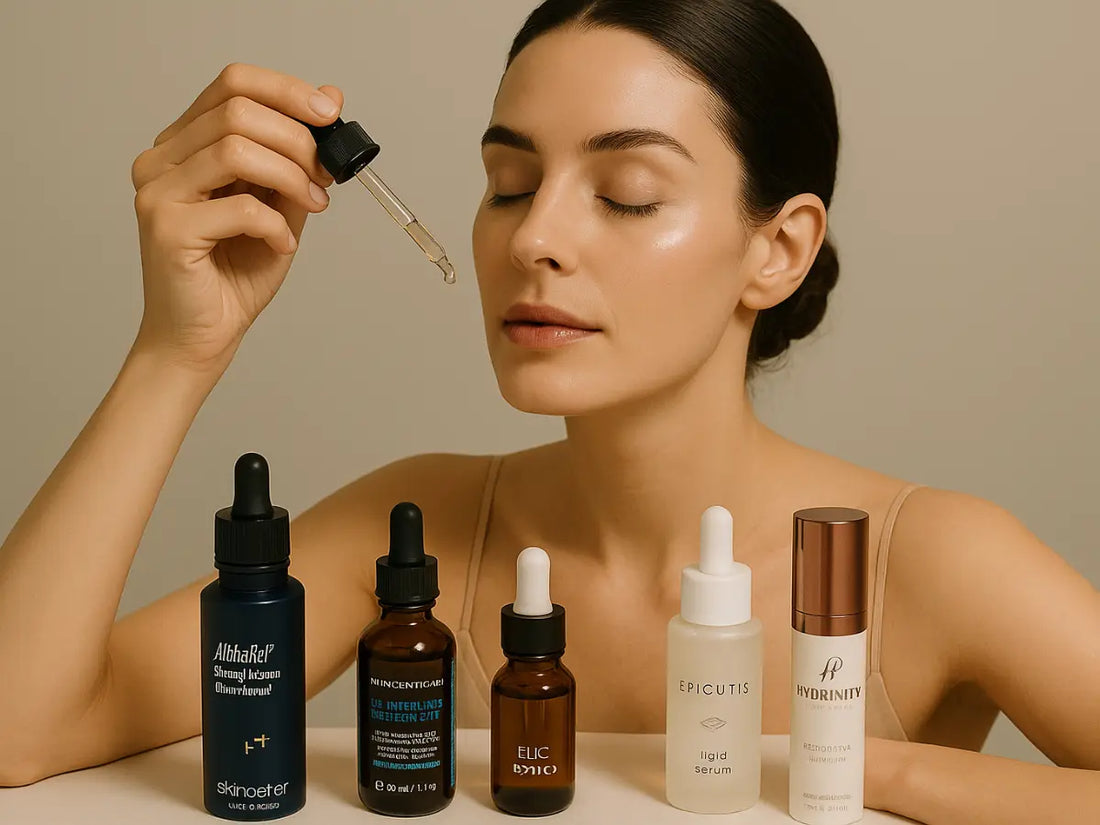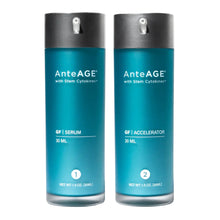[Skincare Secrets] The Medical-Grade Hype: Worth It or Just Expensive Goop?

The Truth About Medical-Grade Skincare in Canada: Is It Really Worth the Hype?
Let’s be real—skincare has become an obsession. Everyone swears by their miracle serums and 10-step routines. But here’s the burning question: Is medical-grade skincare actually better, or is it just an expensive gimmick?
Canada’s beauty industry is booming, and medical-grade skincare is at the centre of it all. Dermatologists, aestheticians, and influencers push these products like they contain liquid gold. But do they live up to the hype?
Buckle up, because we’re diving deep into what medical-grade skincare really is, what makes it different, and whether it’s worth the money.
What Exactly Is Medical-Grade Skincare?
First, let’s clear up the confusion: Medical-grade skincare is not the same as drugstore or luxury beauty brands. It’s backed by science, regulated differently, and often contains higher levels of active ingredients.
Unlike products you grab at Sephora or your local pharmacy, medical-grade skincare brands must be clinically tested to prove their claims. They often contain potent ingredients in high concentrations—ones you can’t just pick up off a department store shelf.
How Is It Different from Drugstore Brands?
Here’s a simple breakdown:
- Higher Potency: Medical-grade skincare contains higher concentrations of active ingredients like retinol, vitamin C, and peptides. Drugstore products? Not so much.
- Better Absorption: These formulas are designed to penetrate deeper into the skin. Drugstore products often just sit on the surface.
- Clinically Tested: Unlike mass-market brands, medical-grade skincare goes through rigorous clinical studies to prove effectiveness.
- Prescribed or Recommended by Professionals: Many medical-grade products are sold exclusively through dermatologists or licensed professionals. You can’t always buy them off the shelf.
But does that mean they’re the secret weapon to perfect skin? Let’s find out.
Are Medical-Grade Skincare Products in Canada Worth It?
This is where the debate gets interesting. Medical-grade skincare tends to be pricier, so naturally, you want to know if it’s worth every dollar.
The Science Behind It
Studies show that high-quality ingredients in medical-grade skincare can actually change the skin at a cellular level. Ingredients like retinoids, growth factors, and antioxidants have been clinically proven to treat issues like acne, hyperpigmentation, and aging.
But of course, not every skincare product is created equal. Some brands deliver real results, while others are overpriced marketing.
Top Medical-Grade Skincare Brands in Canada
If you’re investing in medical-grade skincare in Canada, these are the powerhouse brands you NEED to know about:
1. SkinCeuticals
They’re famous for their legendary CE Ferulic serum—a game-changer for fighting free radicals and brightening the skin.
2. AlumierMD
One of the fastest-growing medical-grade skincare brands in Canada. It’s focused on clean formulas and high-performance ingredients.
3. Hydrinity
This line is all about serious skin transformation and barrier repairing hydration with their industry leading hyaluronic acid serums.
4. Vivier
A Canadian brand making waves with pharmaceutical-grade skincare. Their vitamin C serums and retinols? Absolute gold.
But choosing the right brand isn’t enough—you need to know which ingredients actually matter.
Key Ingredients to Look for in Medical-Grade Skincare
Not all skincare ingredients are created equal. Here are the ones that actually deliver results:
Retinol (Vitamin A)
If you’re serious about anti-aging, retinol is non-negotiable. Medical-grade retinol improves cell turnover, reduces wrinkles, and even fights acne.
Vitamin C
It’s not just about bright skin—medical-grade vitamin C penetrates deeper, offering stronger antioxidant protection.
Hyaluronic Acid
Why does your skin feel dull and dehydrated? Likely a lack of hyaluronic acid. The medical-grade version is smaller in molecular weight, so it actually sinks in rather than just sitting on top.
Peptides
Think of them as building blocks for your skin. They boost collagen, improve elasticity, and help repair damage.
With the right ingredients, the transformation can be insane. But what if you’re still skeptical?
Does Medical-Grade Skincare Have Any Downsides?
It wouldn’t be fair to only hype it up. Here’s what you need to consider before investing:
- Higher Cost: Expect to spend $100+ on some products. Is it worth it? Only if you commit to using it consistently.
- Potentially Stronger Reactions: Because the ingredients are more potent, you might experience irritation if you don’t introduce them correctly.
- Not Always Easy to Buy: Some medical-grade skincare lines require a consultation before purchasing. Consult our in house Medical Aestheticians if you need help choosing the best products for your skin.
So, is it worth it?
Final Verdict: Should You Switch to Medical-Grade Skincare?
If you care about results, yes, medical-grade skincare is worth it. It’s designed to work at the cellular level, and the science backs it up. But it’s not magic—consistency is key.
Buying a $150 serum won’t transform your skin overnight, but using it correctly over time? That’s when the results show.
The bottom line? If you’re serious about skincare, invest wisely. The right medical-grade products will get you closer to your dream skin—no gimmicks, just science.






